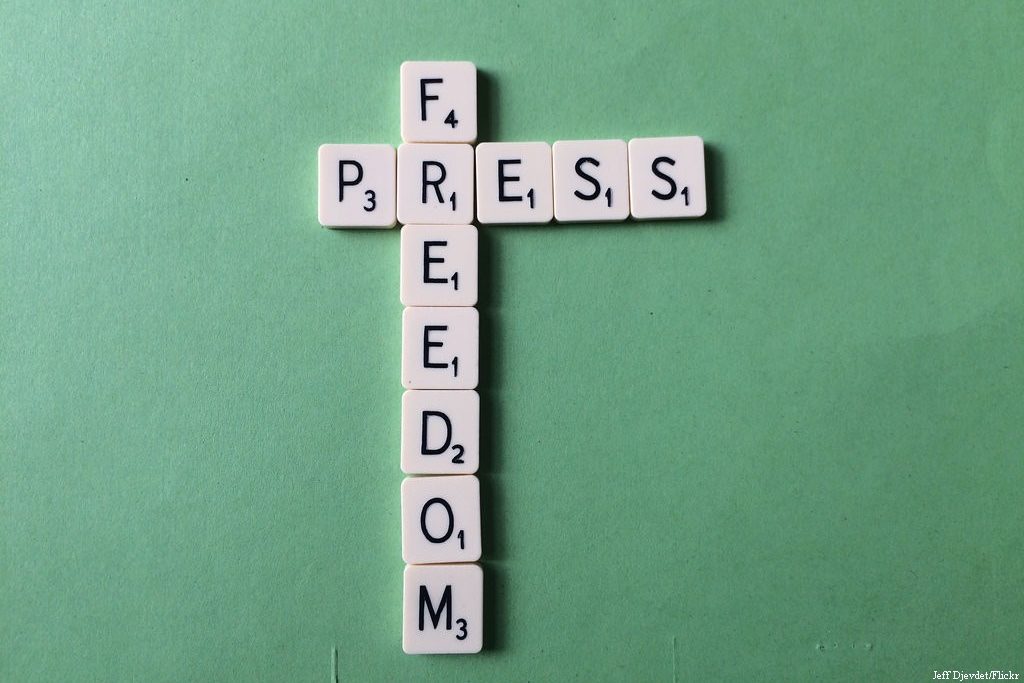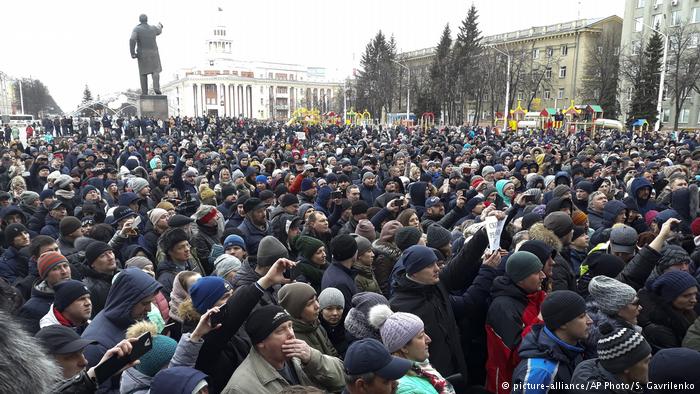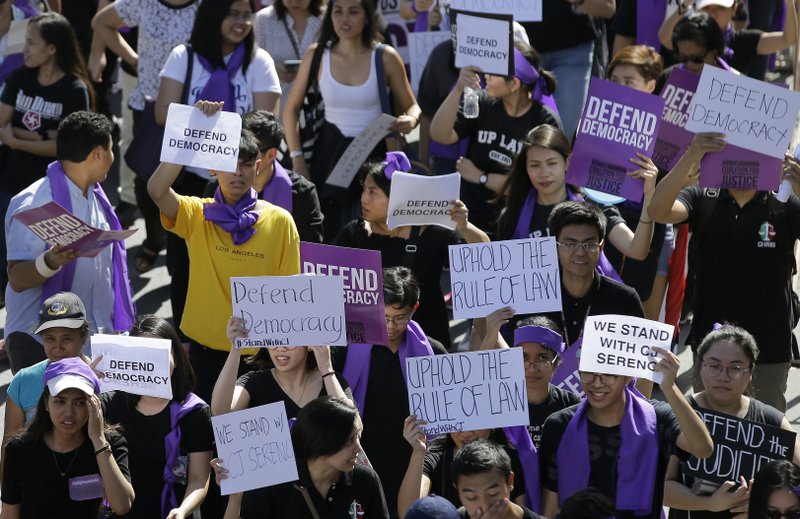More than two centuries ago, Thomas Paine held the French revolution to have put an end to a medieval form of governing. According to Paine, medieval governments were based on conquest rather than representation of the people’s will. European monarchs of the 18th century were the descendants of earlier kings who earned their right to rule by conquering their subjects.
Away from Europe and into the Middle East, it seems that Paine’s distinction went unheeded. The vast majority of Arab regimes have long shown features of sultanistic rule. Political power has been vested exclusively in the head of the state, be him a king or a president. Relations within the state body have often lacked minimal institutionalism, predictability and transparency. In fact, power relations have degenerated in many “Republics” like Tunisia, Egypt, Libya, Algeria, Syria and Yemen into informal, personalized and often corrupt family politics. These ruling elites have become increasingly dissociated and detached from the societies they rule and often claim to represent.
Following massive protests in Egypt calling upon Mubarak to step down, the newly appointed Prime Minister Ahmed Shafiq refused these calls. A week before Mubarak was forced to leave, Shafiq said “the president will stay for the rest of his term. We need him”. Shafiq's use of the “we” pronoun indicated a collective desire opposite to the popular will calling for Mubarak's resignation. Shafiq’s “we” reveals the whole sultanistic structure of power relations in Mubarak’s Egypt. Loyalties are personal, similar to those of an apprentice to his master. Indeed, Shafiq was Mubarak’s pupil in the army.
Shafiq’s “we” takes us to Mamluk Egypt where a tightly-knit Turkic military elite ruled Egypt from their stronghold in the citadel. What bound them together was the fact that they were all foreign to the land and its people. They owed their subjects nothing but the sword and the lance. They owed their masters everything, their past as well as their future. Fortunately, Mubarak had not brought the entire state into his informal web of favors and loyalties. The military stood for the state and facing unprecedented protests, he had to go.
In less fortunate cases such as Bahrain and Libya, the state tradition is rather weak. Sectarian, tribal and regional loyalties are more important for state politics. Social cleavages allow the Sultans to employ the state's repressive apparatus for private and personal ends. That's why Qaddafi is shooting his own people in the streets, using African mercenaries and special squads that hold personal allegiance to him. In the same vein, the king of Bahrain deployed his tanks two days after mass protests in the capital, sending a message to his people that the army is under his service to crush the demonstrations.
Unsurprisingly, the army and police forces in Bahrain are deliberately made up of non-Arab recruits. The Bahraini army is not a national institution. Rather, it's a large corps of the king’s guards brought from all over the world. The same goes for Qaddafi’s mercenaries. The recent crises in both countries has revealed that Arab sultans, be they presidents, kings or Emirs, are bound to their people by virtue of conquest rather than representation.
The massive protests taking the Arab world by storm show that the age of sultans is approaching an end. The sultans and their regimes are destined to perish sooner rather than later. The mills of time that grind slowly but steadily have spared them for too long.




